The Death Of AAA Games
Oh how the mighty have fallen
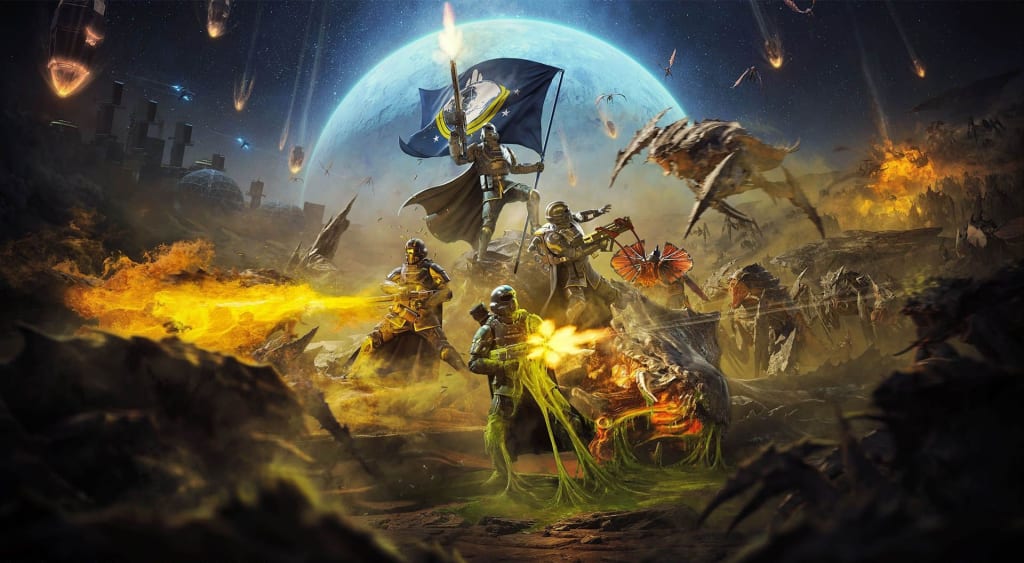
In the expansive landscape of entertainment, video games stand out as a unique and immersive medium that captivates people's imagination. Among these, AAA games are often seen as the pinnacle of what the industry has to offer.
These titles are characterized by massive budgets, extensive development resources, and a promise to deliver cutting-edge technology and immersive storytelling. However, despite these impressive traits, there is a growing debate among gamers and critics alike regarding whether AAA games truly offer value that matches with their growing cost.
Why Is There Doubt In AAA?
Within the past decade of AAA gaming, there has been some significant highs and lows throughout the industry, but in recent years some of the most anticipated AAA games have been pretty disappointing to say the least. Original titles such as Anthem (2019), Forspoken (2023), Redfall (2023), and even Starfield (2023) showcased so much promise and anticipation, but ended up with disappointed launches due to buggy gameplay and redundant storytelling.
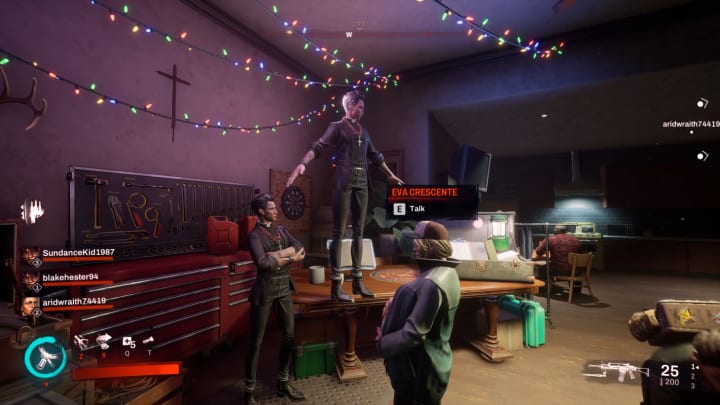
Meanwhile anticipated sequels from beloved IPs such as Payday 3 (2023), Star Wars Battlefront II (2017), Battlefield 2042 (2021), Lord of the Rings: Gollum (2023), and Suicide Squad: Kill the Justice League (2024) have all suffered from poor creative decisions and a laundry list of bugs and gameplay redundancy, making them some of the worst entries in their respective series and franchises.
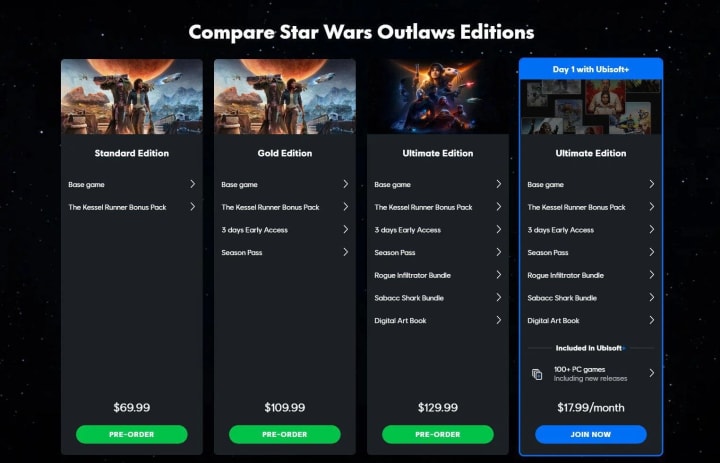
While a bad game release is not rare in its entirety, but the fact that it is becoming more frequent and appearing in more anticipated and relevant titles is becoming a growing concern among every gamer. Add on top of the fact that AAA games are now going to start being priced at a new base rate of $70 and beyond as seen with Star Wars Outlaws, many gamers are doubting the overall value of AAA games.
Why Are AAA Games Getting Worse?
There are a number of reasons that could explain why AAA games are getting outshined by games from smaller studios. However, the main reason that can be correlated to the dipping quality of AAA games is the popularization of a successful live service model.
Historically, MMORPGs and app games have shown mainstream developers how profitable a live service model can be when you attain a dedicated core player base. However Epic Game's Fortnite became the prime example of a highly successful live service model game that features a number of microtransactions and paywall content.
With the shining success of Fortnite, many AAA developers tried to shift the structure of their upcoming titles into a live service model in an attempt to replicate Fortnite's success while trying to make it their own. However, as we seen with some of the latest AAA titles, their attempts to replicate Fortnite's model is a nothing but over-hyped failures.
Is This Why Most AAA Are Over-Hyped?
The attempt to replicate Fortnite's success can be significant factor as to why AAA games feel more hyped up than usual. However, due to the amount of money that is spent on making AAA video games, many publishers almost need to rely on heavily aggressive marketing campaigns to set unrealistic expectations to drive interest and engagement.
The only problem with this tactic is that if the game is completely boring and broken from day one, then it doesn't matter how good the trailer looks, because nobody will end up playing it. We have seen this with Crime Boss: Rockay City, which promoted itself as a GTA styled multiplayer game that focused heavily on pulling epic and elaborate heists with one of the characters from its star studded cast.
However when the game was released, many players and critics alike stated how the gameplay was glitchy and the story and voice acting felt very lackluster and uninspired. This discrepancy between hype and actual gameplay has led to the consumer developing a general sense of distrust for every new video game that is in production.
As unfortunate as this sounds, this distrust has grown to the point where gamers and critics become less excited for any new video game trailer and instantly disregard a game for having certain features such as a seasonal battle pass or microtransactions. However, considering how every game tries to implement a seasonal battle pass or some sort of long-term monetization strategy, the reason is completely warranted.
The God Awful Monetization Strategies
The adoption of aggressive monetization tactics has fueled plenty of skepticism towards AAA games. As many players feel that the integrity of the gaming experience is compromised by the push towards in-game purchases, such as a battlepass system, overpriced micro DLCs, and collaborations with some of your favorite shows, movie, and games.
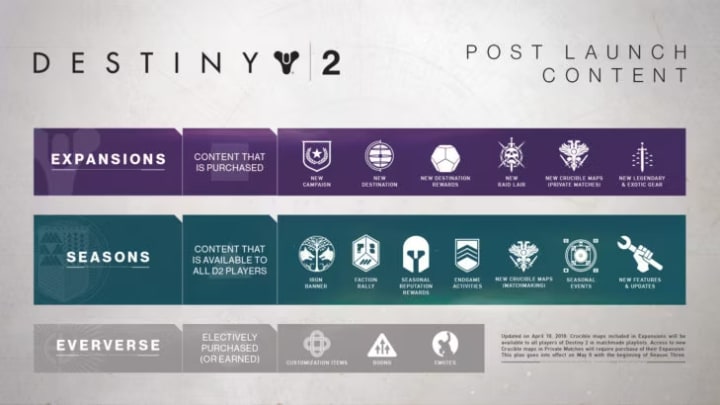
So when a AAA game is unsuccessful in their attempts to monetize seasonal or planned content, it drastically affects the overall future of the game. Games like Destiny 2 and Overwatch 2 have some of the most horrendous monetization models we have ever seen, with Destiny 2 charging its player base $12 for seasonal battlepasses and $50 for large DLC expansions that eventually gets vaulted to make room for low grade seasonal content that is barely enough to sustain their casual and hardcore players.
Overwatch 2, on the other hand, have charged their players $15 for its single player mode that featured story missions and cinematics that told the game's "ever-expanding" narrative. However, due to poor sales and massive layoffs at Blizzard, the game's developers has canceled all future plans for the game's single-player campaign.
As AAA developers and publishers try to push these terrible monetization strategies onto their player base, they are deluding themselves into believing that people are willing to consistently pay for content that should have been in the game to begin with. As a result, many players believe that they are being nickel-and-dimed at every possible opportunity and they are forced to research and play games that worth their time and money.
The Rise of AAA Alternatives
With the booming success of Arrowhead Game Studio's, Helldivers 2 (2024), a new trend has fully emerged from the gaming community where games made from small to mid-sized developers are outperforming games made from AAA studios.
Games like Baldur's Gate 3 (2023), Palworld (2024), Stray (2022), and Cult of the Lamb (2022) have received exceptional reviews from players and critics alike for their innovative gameplay, immersive storytelling, and going beyond the general expectations from their initial trailers.
While games like Helldivers 2 doesn't introduce anything that we haven't seen before, the game's success can be boiled down to it's replay value, the lack of game altering microtransactions, and its price. For $40, players can instantly play the game and jump right into the chaos of fighting against a horde of bugs or robots in the name of democracy.
While Helldivers 2 also implements a battlepass-esque feature in the game that gives players new perks, weapons, and armor, it is not exactly needed. As the base weapons are more than enough to fight against the game's enemies, the developers gives players an opportunity to purchase the battlepass by earning the in-game currency through missions. Surprisingly, players are fine with that.
As most AAA titles often feature a seasonal battlepass system and locks content behind a pay wall, Helldivers 2 proves that developers don't need any seasonal monetization efforts to be successful. Instead they just need to focus on making a fun game and give players an opportunity to play the game at their own pace.
With Helldivers 2 achieving about a million sales per week ever since its launch and games like Suicide Squad: Kill the Justice League being an absolute flop, it is clear that AAA video games are dying unless they focus on making fun replayable content that isn't hindered by paywalls and aggressive monetization strategies.
Are AAA Games Dead?
In its current state, AAA video games are in deep trouble and we can potentially see a significant shift among AAA studios paying for their mistakes. Meanwhile smaller and mid sized developers are taking advantage of this vacuum of quality games and are shining in ways that no one has seen coming.
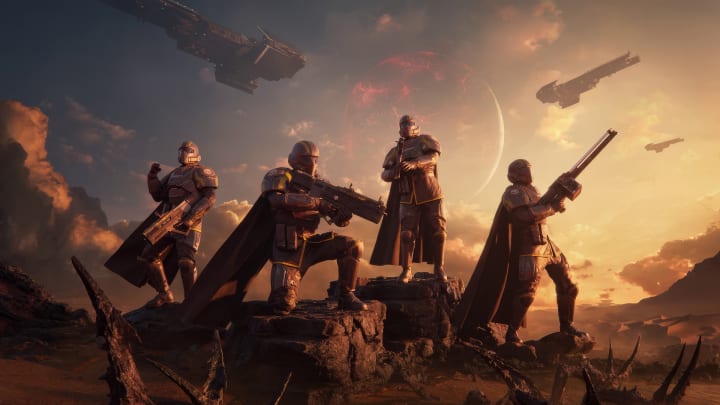
Ultimately, only time will tell, if AAA developers can pivot their way out of this coffin sized hole they dug themselves. However from what is seen with current layoffs and studio closures, AAA developers might bleed a bit more before things get better. Hopefully they can return to a state where they are focused on creating fun immersive creative worlds with powerful story telling that drew us in from the beginning.
What do you think? Should game developers take notes from Helldivers 2 or is the industry doomed? If you liked what you read, be sure to follow for more related content!
About the Creator
Jay Kobayashi
A starving writer from LA who aspires to be plagiarized one day. I like to write about academic pieces that identifies philosophy and psychology in pop culture, and sometimes random fun pieces that interests me or the algorithm!


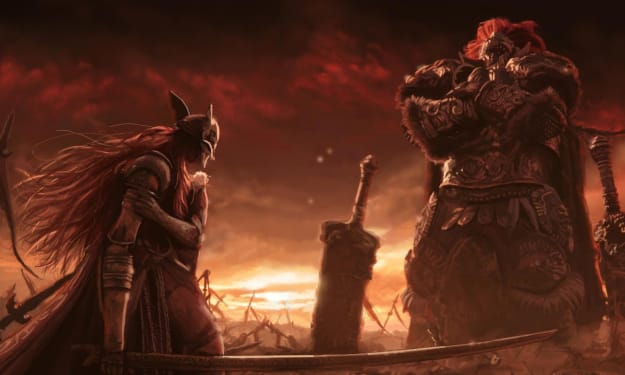



Comments
There are no comments for this story
Be the first to respond and start the conversation.